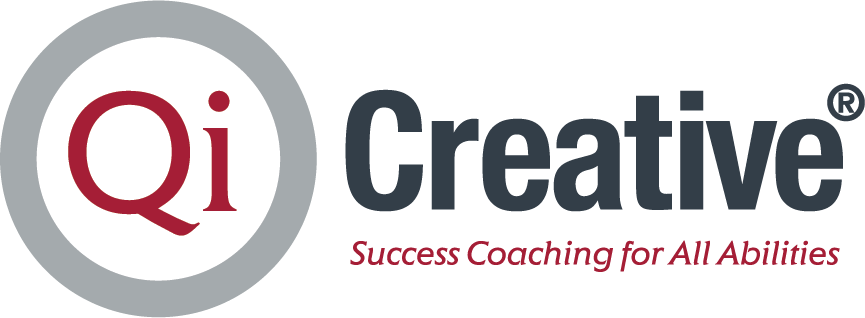8 Self-Care Tools You Might Already Have
When you hear the term “self-care,” you may envision treating yourself to something nice, from a favourite food to a shiny new gift online. While these activities can be acts of self-care, you might be surprised to realize just how many self-care tools you already have available that don’t cost a dime or require some extravagant act.
In fact, many self-care tools reside within and around us already. We can often forget about all the helpful things available to us, so today, we’re going to help jog your memory by sharing self-care tools that you likely already have access to.
Setting Boundaries
Many people don’t realize that when you set boundaries, you’re taking care of yourself by recognizing what you need and then asking for it.
Setting boundaries can help you manage stress, take care of your physical and mental well-being, and create healthy relationships. When you say “no” to something because you’re too tired, you’re prioritizing your need to rest. Or, when you tell someone that you don’t like it when they speak to you in a certain way, you’re respecting yourself and asking others to do the same.
A lot of us may have been used to putting our own needs aside to assist others, or that asking no to something is selfish; when on the other hand, a clear ‘no’ can also allow us to revisit something at a later time, when our capacity is able to return to it.
Boundaries aren’t always easy to set. That can be a sign that you need it the most.
Without boundaries, you’re likely to live life in an exhausted, frustrated state, so don’t be afraid to draw lines in the sand when you need to.
Accessing The Library
Our local library has recently reopened to public access, and online holds and curbside pick-up remain available to check out thousands of books, movies, videogames and more.
Furthermore, Librarians can also be contacted over the phone or online to search and collect items for you, through the Personal Picks program, if you’re not sure where to start!
Choose media that interests you, find a cozy place in your house, and with late fees discontinued, you’ve got plenty of time to enjoy your items. (You’ll still have to return them within 30 days of the initial due date!)
Libraries make for excellent self-care! You may dive into a story on your own time, flip through the latest magazines, learn a new hobby through books or free professional development online, and otherwise save hundreds of dollars circulating movies, games, comics and more for your family, with multiple languages and formats available.
Friends, Family, and Community
Whether it’s crashing with family in front of the TV or having a casual online chat over Zoom, online or offline, regular social connection is vital to many.
The good feelings you experience when you hang out with the people you care about is supported by plenty of research. Social support—whether it comes from friends, family members, or a spouse—is strongly associated with better mental and physical health.
Sometimes when we feel the least like seeing people is when we need connection the most. Throughout the pandemic, we may also be keeping in touch with a select few in our communities, like buying groceries on behalf of someone else, walking someone else’s dogs, and showing up for others in other small ways.
Journaling
Believe it or not, journaling is one of the most cost-effective and valuable forms of self-care. Journaling provides an outlet where you can safely record and process all of your deepest thoughts and fears without judgment or harm.
According to the APA, regularly writing in a journal can lead to improved sleep, a healthier immune system, and faster healing for individuals dealing with trauma. Simply pull out a piece of paper and pen, set a timer if you need it, and write whatever comes to your mind.
It doesn’t always have to be just words, either. Scrapbooking, stickers, and art can adorn your pages. What matters is that it is your creation, safely kept.
Nature
Spending time outdoors is one of the best free forms of therapy available. Being in nature, or even viewing scenes of nature, has been shown to reduce anger, fear, and stress and increase pleasant feelings.
Not only does nature make you feel better emotionally, but it can also improve your physical well-being by reducing blood pressure, heart rate, muscle tension, and the production of stress hormones. If you’re working from home all day, time outside can get your blood flowing and rest your eyes after hours of screen time.
Free Online Resources
We live in a time where we have the luxury of having an endless supply of free resources available to us online. Whether you’re looking for a support group, helpful information, or other people’s stories, you’re sure to find it online.
Access free learning resources from us today!
Qi iQ is part of this as well! Many of the resources in Qi iQ are used regularly by our coaching team and curated by them.
Self-Compassion
Nothing can replace the power of self-compassion. Showing yourself compassion doesn’t need to be complicated.
The next time you feel you need a little encouragement or support, put your hand over your heart and say to yourself, “I am struggling right now. May I be gentle with myself. May I be kind to myself. May I support myself in whatever way I need right now.”
Listen to what comes up and then offer yourself the support you require.
HeartMath, a stress and regulation curriculum taught by some of our coaches, is a prime example of this—and the power the physical cue of putting your hand on your heart can have.
Teaching yourself resilience through self-care
As you can see, you don’t need to shell out money or practice complicated rituals to take care of yourself. As you learn to tend to yourself with what you have available, you’ll start to build personal resilience that will make you stronger and calmer in the face of adversity. Especially in these challenging times, be sure you make self-care a priority.
References:
Writing to Heal - by American Psychological Association
How Nature Impacts our Wellbeing - by University of Minnesota
Social Support Health Benefits
Social network structure predictive of health and wellness - Journal in PLOS ONE
WOOSH!





